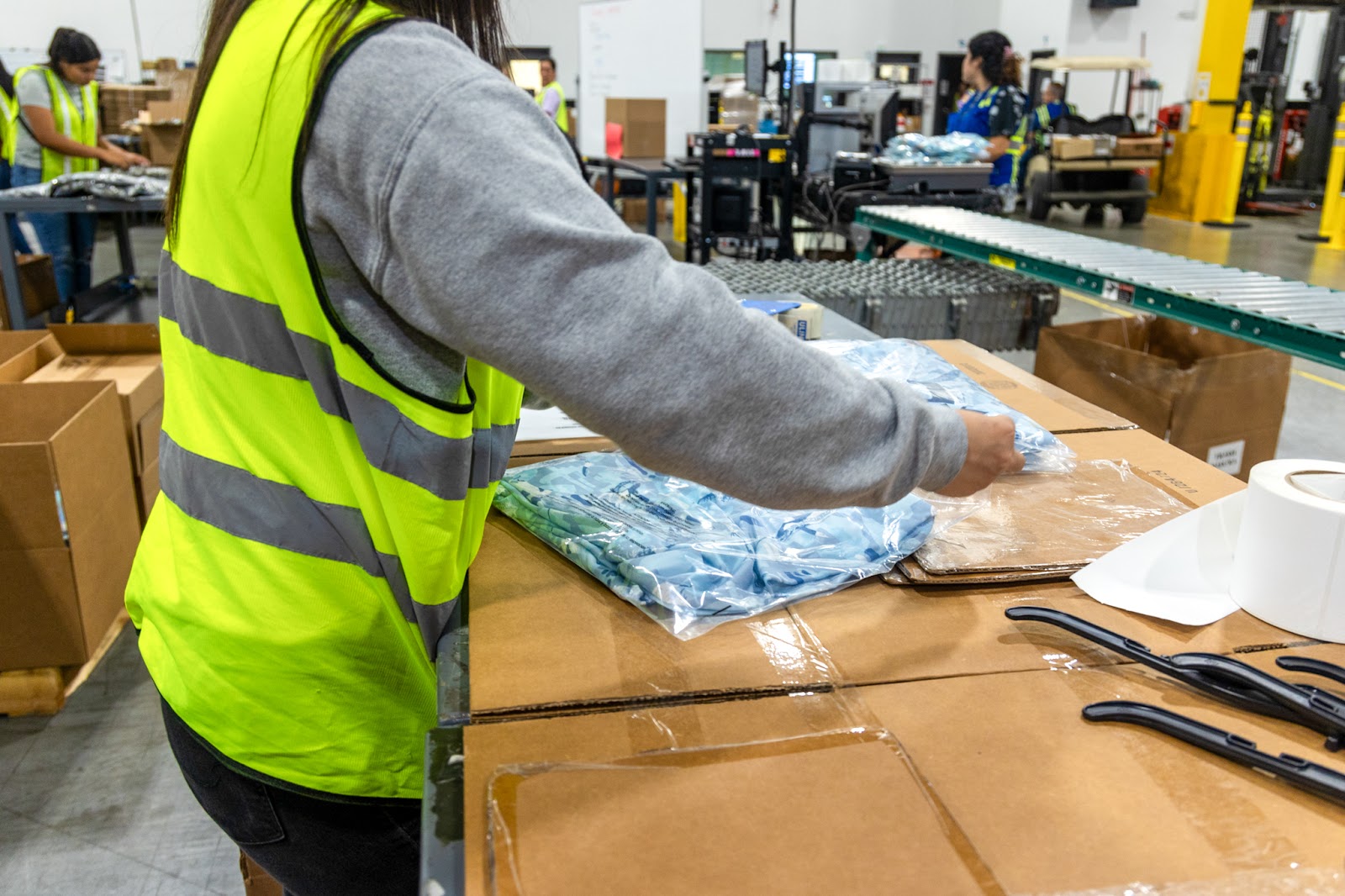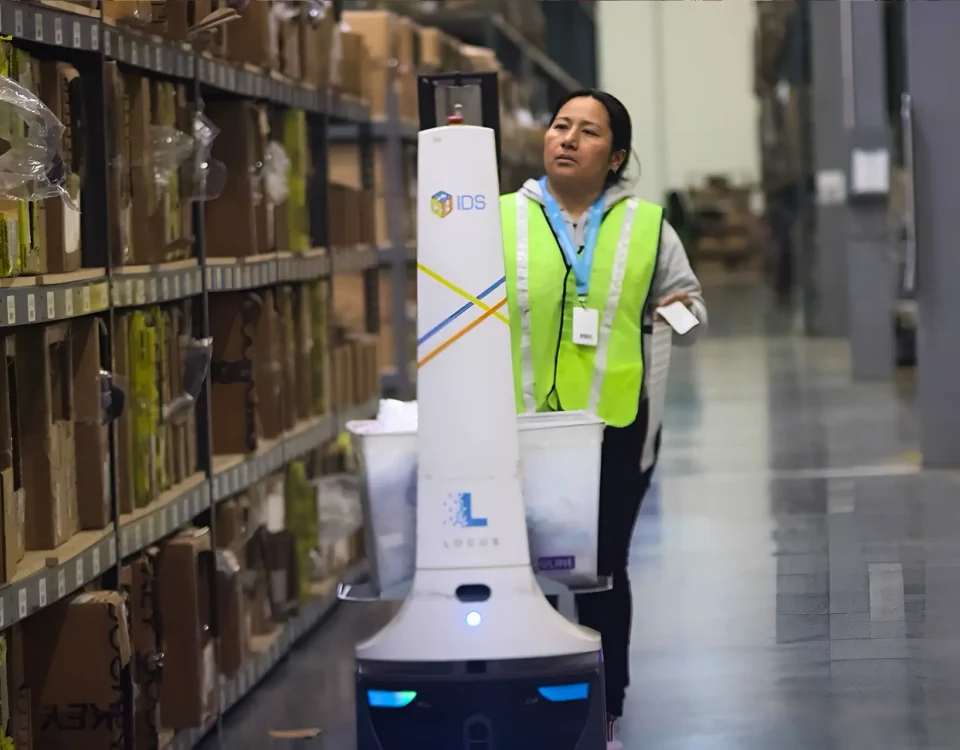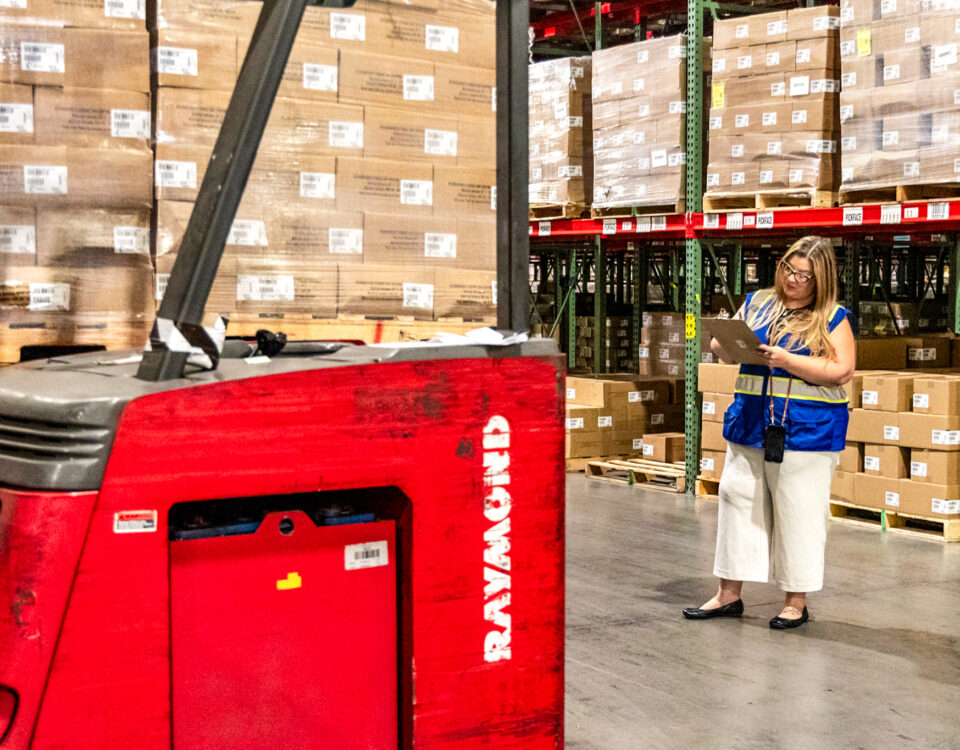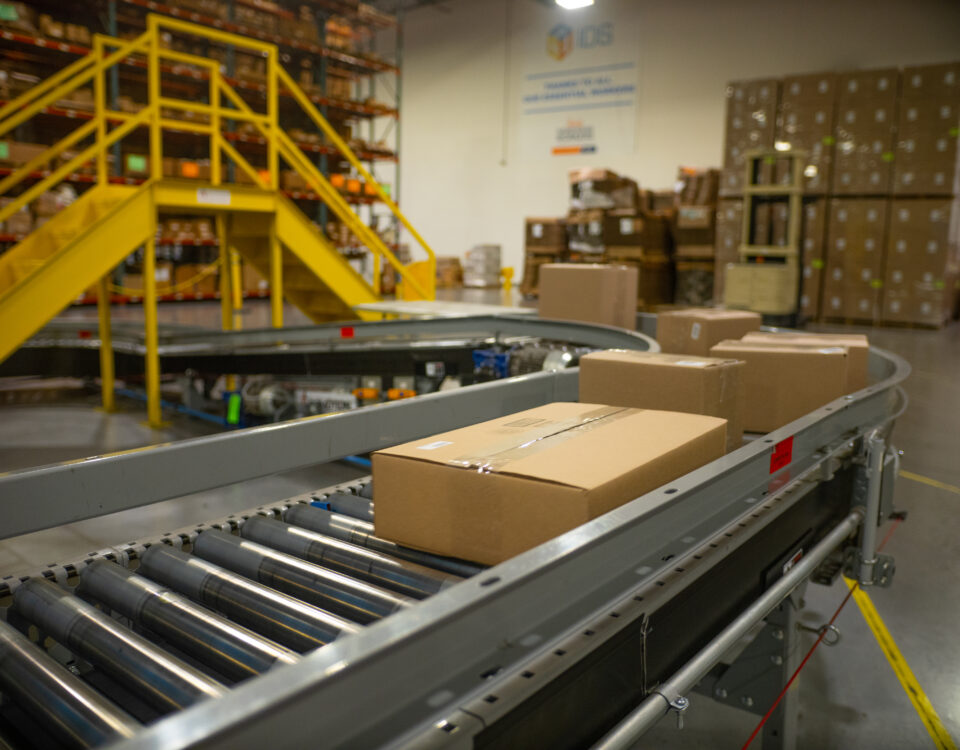Writing a 3PL RFP for Success
Working with a third-party logistics (3PL) provider can be a game-changer when it comes to managing your supply chain and transportation needs. A 3PL can help you streamline your operations, reduce costs, and improve efficiency, freeing up time and resources for you to focus on your core business.
But with so many 3PLs out there, how do you find the right one for your business? That’s where an RFP, or request for proposal, comes in. An RFP is a document that you can use to solicit proposals from potential 3PL partners and compare them in a structured and objective way.
As you draft your RFP for 3PLs, it’s essential to be thorough and clear in outlining your company’s needs, expectations, and evaluation criteria. This will help 3PLs understand your business and tailor their proposals to meet your specific requirements, as there is no one size fits all operation.
Key Elements to Include in Your RFP:
Company Information and Background: Give 3PLs a sense of who you are, what you do, and where you operate. This could include details on your industry, size, location, and supply chain needs.
Scope of Work: Clearly define the services you are looking to outsource to the 3PL. This could include fulfillment, warehousing, inventory management, or other supply chain activities. Be as specific as possible in outlining your expectations and the scope of work that the 3PL will be responsible for.
Key Performance Indicators (KPIs): KPIs are performance-based contracts that outline the level of service that the 3PL is expected to provide. They could include metrics related to fulfillment time, order accuracy, inbound receiving, and more.
Capacity and Capabilities: Describe the volume and types of products that you will be shipping, as well as any special handling or storage requirements. This will help the 3PL determine if they have the capacity and capabilities to meet your needs.
Technology and Systems: Specify any technology or systems that you currently use in your supply chain and any that you would like the 3PL to integrate with. This could include point-of-sales systems, inventory management systems, and/or warehouse management systems.
Evaluation Criteria: Outline the criteria that you will use to evaluate proposals from 3PLs, including factors such as price, service level, technology, and capacity. This will help you objectively compare proposals and make an informed decision on the best 3PL partner for your business.
Submission Deadline: Set a deadline for the submission of proposals to ensure that you have enough time to review and compare the proposals before making a decision.
Contact Information: Provide contact information for any questions or clarifications that the 3PL may have about the RFP.
Information Needed for Pricing: From the 3PLs’ side, some things are needed to get you accurate pricing. These include numbers for eCommerce, retail and wholesale averages for orders per month, SKUs, averages for units per line, averages for order value, growth forecasts, and most popular shipping regions. Inbound receiving information such as size (TL, LTL, Floor Loaded Container…), number of SKUs per carton and carton per pallet (marked or not), and average units per inbound. Inventory numbers including starting inventory, average inventory (number of SKUs and per SKU), frequency of adding/removing SKUs, average units per carton, cartons per pallet, pallet heights, and any unique products (ie oversized). Returns averages including percent of returns and average units per return.
Looking for a template? RFPs don’t have to be complicated. A simple Word doc or email with the above information will do! But if you are looking for a starting point, check out HubSpot’s!
Following these tips to write an RFP for 3PLS should have the proposals pouring in! As you review the documents from potential 3PL partners, keep in mind that the RFP process is a two-way street. While you are evaluating the 3PLs, they are also evaluating your company and whether or not they would like to work with you. Be transparent and open in your communication with potential 3PL partners to ensure a successful and mutually beneficial partnership.
Or, if you are looking to skip the formalities and partner with a fulfillment company with proven success in a variety of industries, contact IDS Fulfillment. With over 60+ years in the industry, IDS has experience working with companies of all sizes. Contact us to learn more!











